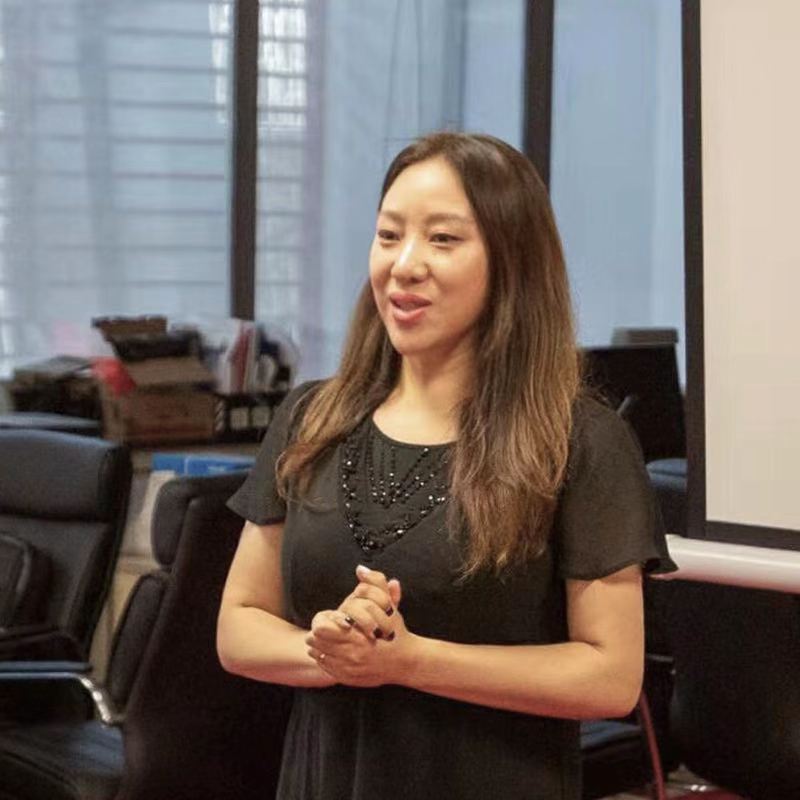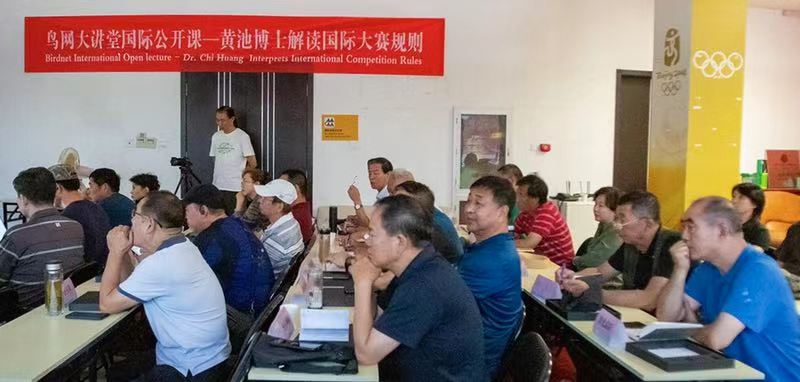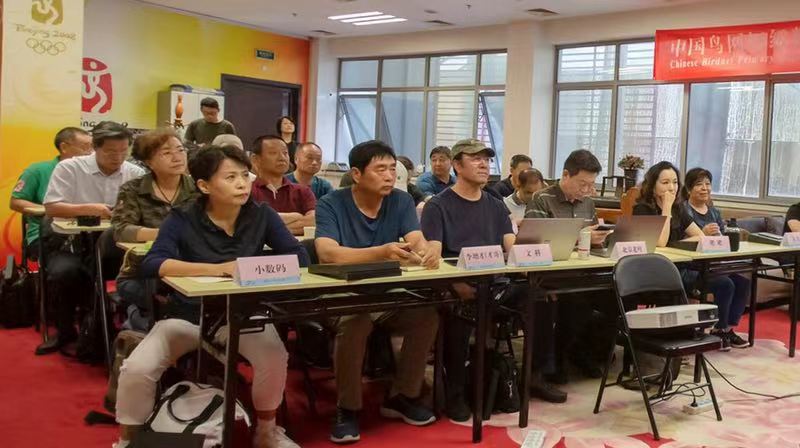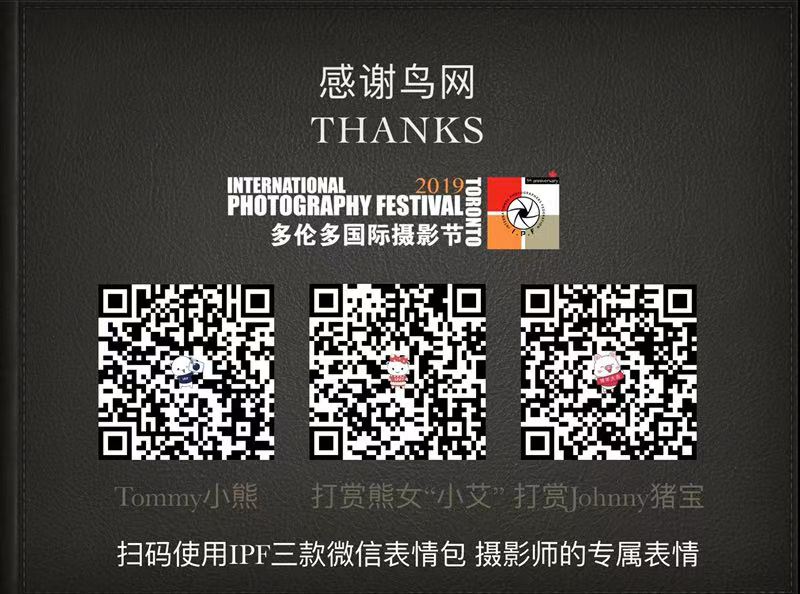On August 29, 2019, the first international public course was held in Beijing, China, which is the headquarters of Birdnet. Dr. Chi Huang,chairman of the Photography Federation of Canada, gave a brilliant and professional lecture to photographers who took pictures for wildlife, explaining the Interpretation of the Rules of the Wildlife Photography Category in the International Competition.

Mr. Chen Long, executive vice moderator of Birdnet, said: The cooperation between Bird’s Net and Toronto International Photography Festival originated in October 2015. Duan Wenke, the moderator, was invited to attend the Toronto International Photography Festival and gave a master’s lecture, which was warmly welcomed. At the beginning of the “White-Headed Langur Cup” 2019 International Natural and Landscape Photographic Competition, Dr. Huang is strongly invited to interpret the rules of wildlife categories in international competitions from the level of international competitions. We hope that more photographers will be able to enter the international photography stage, spread Chinese ecological stories, and enhance the awareness and courage of photography. Dr. Chi Huang has rich experience in organizing international photography competitions. She is the President of Toronto International Photography Festival, Executive Chairman of IPF International Photographers Federation, Honorary Chairman of British Photography Association, Judge of the United Nations Global New Year Photography Competition, Curator of West of China Tourism and Cultural Photo Exhibition, Curator of Impression of Canada Tourism and Cultural Photo Exhibition, Curator of Elf Golden Monkey Ecological Photography. She is keen on the exchange and dissemination of Chinese and Canadian culture. She has won the Golden Horse Prize of Hong Kong Arts, the “Chinese Top 10 Photographers Globally”, and the “Cultural Star” awarded by the Canadian Government.

Dr. Huang fully affirmed the cooperation between Birdnet and Toronto International Photography Festival. She introduced the development and current situation of Toronto International Photography Festival, which is held every two years, as well as the setting of rules, evaluation criteria and the judging process of judges of Toronto Photography Competition. In addition, she highlighted various issues that should be paid attention to when submitting wildlife photographs at the Toronto International Photo Contest. She clearly pointed out the “real meaning” of wildlife photography from the following aspects: the reality of the shooting environment, the authenticity of the creative process and the authenticity of the artist’s ideas. She said: The basis for successful wildlife photography is passion and time. It’s not just time behind the camera, detailed desk preparation before shooting, organized and stored pictures after shooting are very important. The more you invest, the more you will inevitably get. The wonderful pictures are all well thought out. Reasonable time management is often the longest part of the process, but it can avoid wasting time on the spot and disturbing the alert creatures. Pay attention to the composition of the photos, light, shooting angle, depth of field, background, which will be helpful for future competitions or editing and publishing.

Dr. Huang emphasized that the storytelling and rarity of the works are the most important factors for success. Long-term planning and accumulation of works are the important conditions for participating in important international competitions. The works of Chinese wildlife photographers are very outstanding, and the photographic equipment is the best, but the international publicity is not enough, so there is a great prospect for development.
Dr. Huang made suggestions for the students and patiently answered many questions about “shelter” and “film with bird’s nest” in detail. She hopes wildlife photographers will become more active. She not only encourages them to participate in international competitions, accumulate experience and learn English, but also encourages professionals in photography to hold lectures, exhibitions, writing and publishing picture albums. She expects every photographer to have his own representative works and collection-level works, to enhance the value of his works, so that photography will usher in the golden age.

Finally, Huangchi expressed her gratitude for Birdnet’s invitation and shared three IPF free Wechat emoticon to Birdnet’s photographers. After the lecture, there was a heated discussion among photographers from all over the country. They talked happily, greeted each other and took pictures at the Birdnet Training Center.
